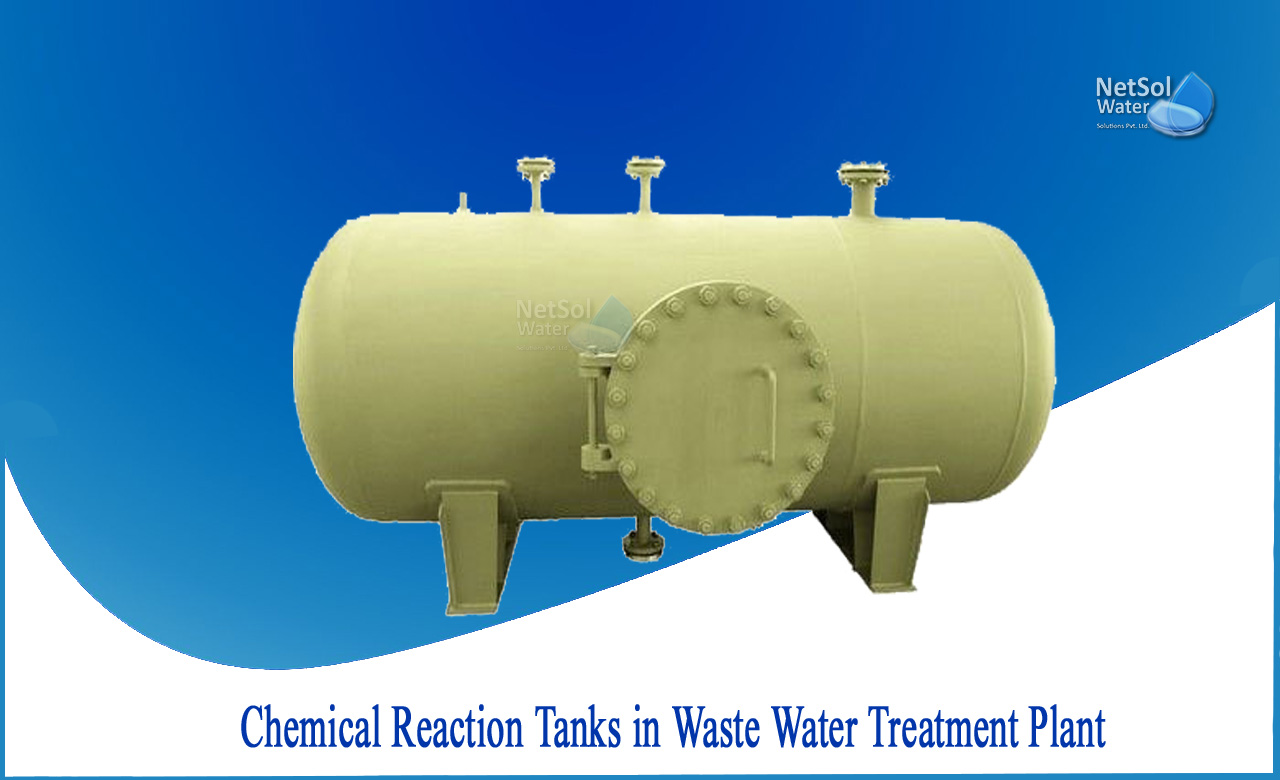Overview
Wastewater is generated by residences, companies, industries, storm drains, and precipitation runoff. In general, wastewater is 99.9 percent water by weight, with the remaining 0.1 percent made up of dissolved solids or other suspended elements. Some wastewaters from industrial or agricultural activities may also contain chemicals that are dangerous to the environment or public health and must be neutralized or eliminated before they can be safely returned into the environment. The major goal of wastewater treatment operations is to purify the water and ensure that it is suitable for use after being returned to the environment as part of the water cycle.
Chemical Wastewater Treatment Processes
To speed up disinfection, chemicals are utilized in a variety of wastewater treatment methods. Chemical unit procedures are chemical processes that cause chemical reactions and are used in conjunction with biological and physical cleaning processes to achieve specific water standards.
Chlorine, hydrogen peroxide, sodium chlorite, and sodium hypochlorite (bleach) are specialized chemicals that disinfect, sterilize, and aid in the purification of wastewater at treatment facilities.
Chemical coagulation, chemical precipitation, chemical oxidation and advanced oxidation, ion exchange, and chemical neutralization and stabilization are all unique chemical unit processes that may be used to wastewater during cleaning.
What is Neutralization?
The use of chemicals to modify the pH of wastewater is known as neutralization. Depending on the initial pH of the influent, acids (to reduce pH) or alkalis (to raise pH) are added.
Precipitation of Chemicals
Chemical precipitation is the most often used technique for eliminating dissolved metals from harmful metal-containing wastewater solutions. A precipitation reagent is added to the mixture to transform the dissolved metals into solid particles. The reagent induces a chemical reaction that causes the dissolved metals to solidify. The particles in the mixture can then be removed via filtration.
What is Chemical reaction tanks in waste water treatment plant?
Most wastewater applications need chemical pre-treatment to break emulsions formed by chemical cleaners/surfactants/sanitizers or mechanical mixing. Breaking the emulsion improves wastestream TSS, FOG, and BOD removal efficiency. Chemical reaction systems are intended to function in conjunction with your chemical treatment program.
Chemical Reaction Tanks are available in a variety of sizes (diameter, length, breadth, height, flat or cone bottom) and materials (carbon steel and stainless steel). Mechanical mixing using impeller agitation to supply mixing energy is included.
How does it work?
The chemical reaction tank is fed with waste water. Most tanks have two chambers, while some may have two to four chambers depending on the customer's chemical treatment program.
Mostly two chamber reaction tanks add the coagulant, pH adjustment, and coagulant assistance chemicals to the first chamber and allow them to react for five minutes. To combine the chemicals with the wastewater, mechanical action is given by a mixer and an impellor. In the second chamber, flocculant is introduced to the coagulated wastewater for a ten-minute chemical reaction. This mixing energy is minimized, preventing the flocculated particles from sheering. It employs a mechanical mixer with VFD controls and an impeller. The wastewater is then gravity-fed into the DAF or IPC.
Advantages of chemical tanks
- Simple to use
- Increased adaptability for various flow rates
- Increased effectiveness
- Typical chemical reaction tank
- Construction in carbon steel with exterior and interior protective coatings
- Level controls for mechanical mixers tank drains
- Options for chemical reaction tanks
- Construction in Stainless Steel
- Chambers that may be expanded from two to four or more.
- Stairs, Ladders, or Walkways
- Systems for pH Monitoring and Control
- Pumps for chemical metering
- Tanks for Chemical Solutions/Slurries
Conclusion
Netsol Water provides two distinct methods in which chemicals react with wastewater to create chemical demulsification, allowing contaminants to chemically separate from the water.
Netsol Water is Greater Noida-based leading water & wastewater treatment plant manufacturer. We are industry's most demanding company based on client review and work quality. We are known as best commercial RO plant manufacturers, industrial RO plant manufacturer, sewage treatment plant manufacturer, Water Softener Plant Manufacturers and effluent treatment plant manufacturers. Apart from this 24x7 customer support is our USP. Call on +91-9650608473, or write us at enquiry@netsolwater.com for any support, inquiry or product-purchase related query.



